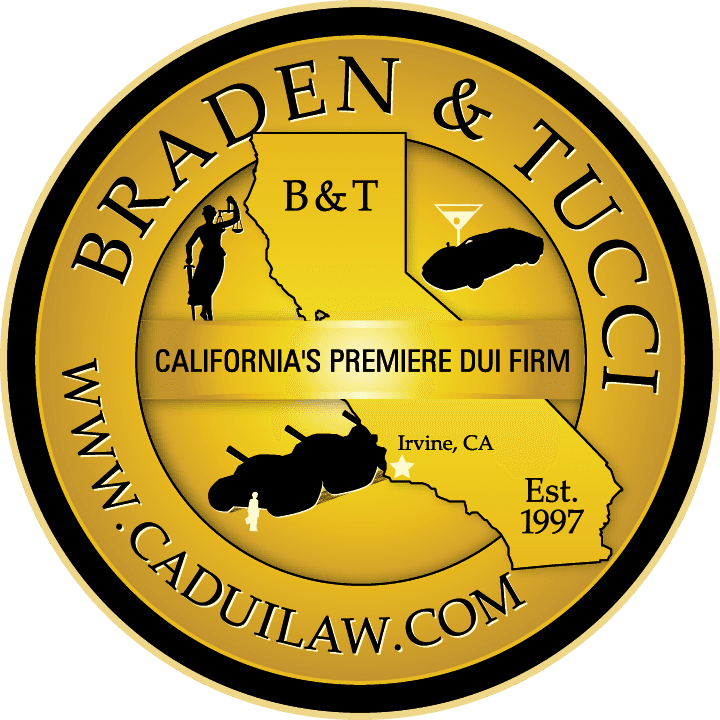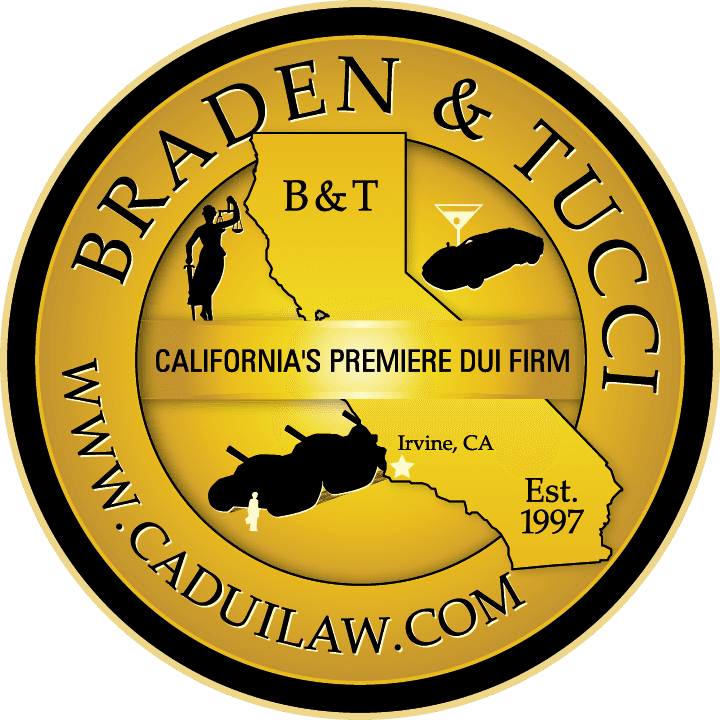Facing a DUI charge in California can be a daunting experience. The legal consequences are severe, potentially including hefty fines, license suspension, and even jail time. Given these stakes, many individuals wonder if they can negotiate a plea bargain to reduce the severity of their charges and penalties. The good news is that plea bargaining is indeed a common practice in California DUI cases. Understanding the intricacies of the legal process can significantly affect the outcome of your case.
What is a Plea Bargain?
A plea bargain is an agreement between the defendant and the prosecutor where the defendant agrees to plead guilty to a lesser charge or to only one of multiple charges in exchange for some concession from the prosecutor. This might include reduced charges, lighter penalties, or the dismissal of certain charges. The goal is to resolve the case without going to trial, which can be beneficial for both parties.
Why Consider a Plea Bargain in a DUI Case?
Negotiating a plea bargain in a DUI case can have several advantages:
- Reduced Charges: You might plead guilty to a lesser offense, such as a "wet reckless," which carries less severe penalties than a DUI.
- Minimized Penalties: A plea bargain can result in reduced fines, shorter license suspension periods, and less or no jail time.
- Avoiding the Uncertainty of Trial: Trials can be unpredictable. Accepting a plea bargain removes the risk of receiving the maximum penalties if found guilty.
- Speedy Resolution: Trials can be lengthy and stressful. A plea bargain can resolve the case more quickly, allowing you to move on with your life.
Types of Plea Bargains in California DUI Cases
1. Wet Reckless
One of the most common plea bargains in DUI cases is pleading to a "wet reckless" charge. This term refers to reckless driving involving alcohol. While still a serious offense, the penalties are generally less severe than those for a DUI. This can include reduced fines, shorter probation periods, and potentially no mandatory jail time. However, it's important to note that a wet reckless conviction will still count as a prior DUI if you are charged with another DUI within ten years.
2. Dry Reckless
A "dry reckless" plea is another option, which is simply reckless driving without any mention of alcohol. This carries even lighter penalties than a wet reckless, including lower fines and fewer consequences for your driving record.
3. Exhibition of Speed
In some cases, a DUI charge can be reduced to an "exhibition of speed" charge. This involves demonstrating excessive speed but not necessarily involving alcohol. The penalties are much less severe, often resulting in just a fine and probation.
Factors Influencing Plea Bargaining
Several factors can influence the likelihood and terms of a plea bargain in a DUI case:
- Evidence Strength: If the evidence against you is weak, the prosecutor might be more willing to negotiate. This can include questionable breathalyzer results, improper police procedures, or unreliable witness testimony.
- Prior Record: Your criminal history plays a significant role. First-time offenders are more likely to receive favorable plea bargains compared to those with prior DUI convictions.
- Circumstances of the Arrest: Factors such as your blood alcohol content (BAC) at the time of arrest, whether there was an accident or injuries, and your behavior during the arrest can impact the negotiation process.
- Legal Representation: Having an experienced DUI attorney can greatly enhance your chances of securing a favorable plea bargain. An attorney understands the legal landscape, can identify weaknesses in the prosecution's case, and effectively negotiate on your behalf.
How to Negotiate a Plea Bargain
1. Hire an Experienced DUI Attorney
The first step in negotiating a plea bargain is to hire an attorney who specializes in DUI cases. An experienced attorney will be familiar with local court procedures, the tendencies of specific prosecutors, and the most effective negotiation strategies.
2. Evaluate the Evidence
Your attorney will thoroughly review all evidence against you, including police reports, breathalyzer results, and any video footage. Identifying weaknesses in the prosecution's case is crucial for negotiating a favorable plea bargain.
3. Engage in Pretrial Discussions
Your attorney will engage in pretrial discussions with the prosecutor to explore the possibility of a plea bargain. During these discussions, your attorney will present mitigating factors, such as your clean driving record, employment status, and any steps you've taken to address alcohol issues (like attending AA meetings).
4. Negotiate Terms
Negotiating the terms of a plea bargain involves finding a balance that is acceptable to both parties. Your attorney will aim to reduce the charges and penalties as much as possible while ensuring the prosecutor is satisfied with the outcome.
5. Court Approval
Once an agreement is reached, it must be presented to the court for approval. Judges typically honor plea bargains but have the discretion to reject them if they believe the terms are not in the interest of justice.
At Braden & Tucci, we understand the complexities and challenges of navigating a DUI case in California. Our experienced attorneys have a proven track record of successfully negotiating plea bargains on behalf of our clients.
From evaluating evidence to engaging in pretrial discussions and advocating for favorable terms, we are committed to protecting your rights and achieving the best possible outcome for your case. Trust us to guide you through this difficult time and advocate tirelessly on your behalf.
Contact us today at (949) 996-0170 if you have been arrested for a DUI in Orange County.

